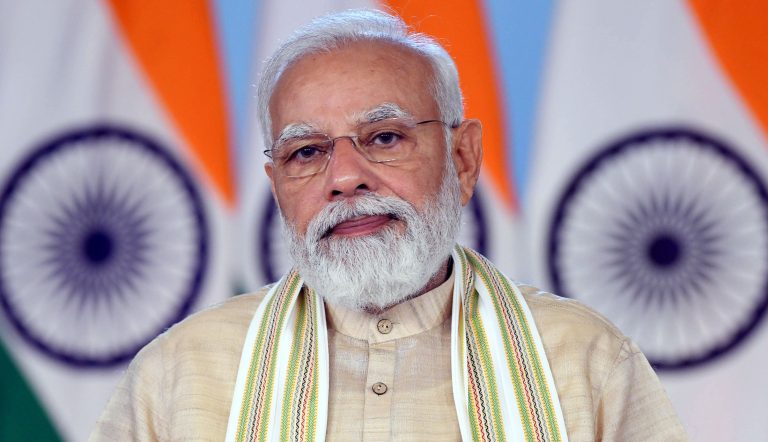Finance Ministry rules out privatisation and merger of public sector banks for next one year
Even as voices on privatisation and consolidation of public sector banks (PSBs) grow louder, Finance Minister Arun Jaitley has ruled out any such plans in the next one year.
Since the Rs 13,000 crore-plus Nirav Modi-related fraud unearthed last month at India’s second largest government-owned lender Punjab National Bank, multiple frauds have surfaced at various other PSBs as well. Experts, including Reserve Bank of India’s Governor Urjit Patel, have raised concerns on ownership and structure of the banks.
“The Finance Minister has categorically stated that no public sector banks will be merged or privatised in the next one year. He said they want to improve the banks but there is no plan to privatise them for now, for one year at least,” a bank union official who attended a meeting with the FM and nine union heads, said.
Former NITI Aayog vice chairman Arvind Panagariya in an interview with PTI had made a strong case for privatisation of public sector banks, saying, “I firmly believe that privatisation of all PSBs except perhaps the State Bank of India (SBI) should be on the election manifestos of all parties who wish to present themselves as serious candidates to form the government in 2019.
“The FM said ‘we are not hurrying up to proceed with the merger because the banks are not in a good condition and hence there is no point in merging weaker banks’… Many banks are weak and there is no point in getting two weaker banks to get married to create an even bigger weak bank.”
Over the last one year, about 12 weak PSBs have been put under Prompt Corrective Action (PCA) by the central bank restricting their lending and other business activities to some extent along with increased monitoring of the banks.
Also Read: WhatsApp lies again: No banks are closing down and your deposits are safe
CH Venkatachalam, General Secretary of All India Bank Employees’ Association (AIBEA), leading the delegation at FM’s meet, said, “We met the Finance Minister to address our concerns on the PNB fraud and bringing back Nirav Modi (the alleged perpetrator of the fraud). He assured the investigations are going on…We have to await more action from the government.”
According to Venkatachalam, the FM also said that we cannot attribute the frauds limited to public sector banks only and that frauds can take place anywhere and ownership is not a factor.
While questions have been raised on auditors of the bank as well as the supervisory team of the RBI, Patel has pointed out that RBI’s legal powers to supervise and regulate PSBs are constrained and they cannot remove PSB directors or management, who are appointed by the government of India, nor can it force a merger or trigger the liquidation of a PSB.
Aadhaar-based UIDAI project architect Nandan Nilekani (also Infosys chairman) last week said that the “original rationale” for bank nationalisation has ceased to exist and that privatisation is the way forward for PSBs, which will also be in the taxpayers’ interest to get them some value citing decline market share of PSBs.
Last year, many public sector bank chiefs were asked to submit memorandum of understanding (MoUs) to elaborate their strengths and weaknesses and also their possible outlook on merger options.
Mails sent to the finance ministry on the privatisation and consolidation plans remained unanswered.
Minister of State for Finance Shiv Pratap Shukla said in a written reply to the Lok Sabha on Friday, “Syndicate Bank, Canara Bank, Vijaya Bank and Dena Bank have apprised that they have not made presentations about their merger or consolidation to the Ministry of Finance.”
While Jaitley has been vocal about consolidation of PSBs, he has maintained that they need to be strengthened first.
Last year, SBI’s five associates and the Bharatiya Mahila Bank were merged with SBI, catapulting the country’s largest lender to among the top 50 banks in the world.(Agencies)






